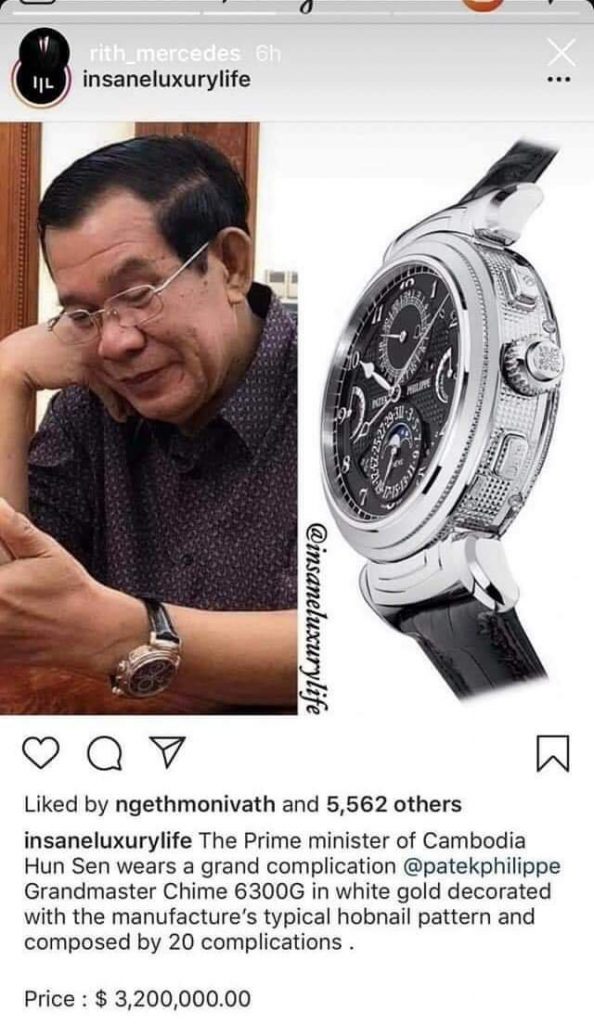China’s Cambodian Invasion
Aug 2, 2019 SAM RAINSY
Op-Ed: Project Syndicates
China’s dangerous military expansionism depends on compliant local regimes and inaction on the part of the international community. In the case of Cambodia, which has reportedly given China rights to a naval base, the international community should demand a new general election that does not exclude real challengers.

PARIS – It has long been feared that Cambodia’s growing dependence on China – its largest aid donor, investor, and creditor – would lead to a Chinese military presence in the country. According to a recent Wall Street Journal report, those fears are now coming true.
Like a gambler reliant on a loan shark, Cambodia has, in recent years, racked up massive, opaque debts to China, which it cannot repay. This has given China considerable leverage, enabling it, for example, to evadeUS President Donald Trump’s trade tariffs, by re-routing exports to the United States through Cambodia’s Chinese-owned Sihanoukville Special Economic Zone.
Judging by China’s history of “debt-trap diplomacy,” it was only a matter of time before it used its leverage over Cambodia to strengthen its regional military posture. According to the Wall Street Journal, the time came this spring, when China and Cambodia secretly signed an agreement giving China exclusive rights to a part of Cambodia’s Ream Naval Base on the Gulf of Thailand.
Both the Chinese and Cambodian governments deny the report, which Cambodian Prime Minister Hun Sen called “made up” and “baseless.” But that should be no surprise: as Hun Sen noted, hosting foreign military bases is illegal in Cambodia, according to the 1991 Paris Peace Agreements that ended its long civil war. Furthermore, as the US Department of State has pointed out, Cambodia has a constitutional commitment to its people to maintain a neutral foreign policy.
For Hun Sen, however, there is good reason to disregard this commitment: his political survival. The Cambodian people, including the military, are fed up with the authoritarian and corrupt leadershipof the world’s longest-serving prime minister. The regime has so far countered this resistance by cracking down on dissent. In last year’s sham election, Hun Sen’s Cambodian People’s Party won every seat in the parliament, after dissolving the leading opposition party, the Cambodia National Rescue Party (of which I am co-founder and acting leader).
Hun Sen knows that, as a compliant ally of China, he gains powerful protection from hostile domestic forces. That outcome, he seems to have calculated, is worth more than the support of the Cambodian people, many of whom resent China’s growing commercial presence, which benefits only a corrupt elite.
